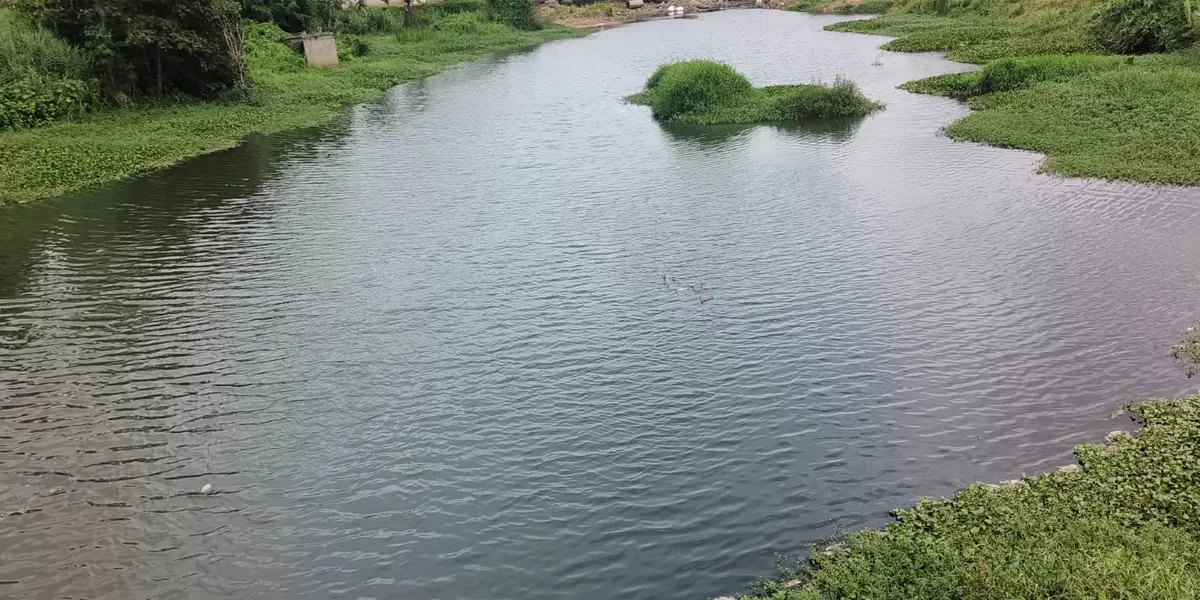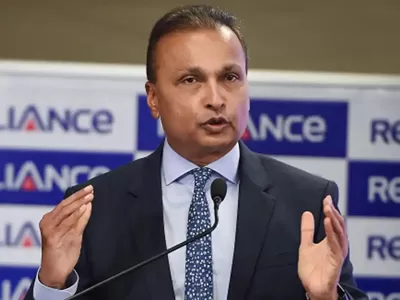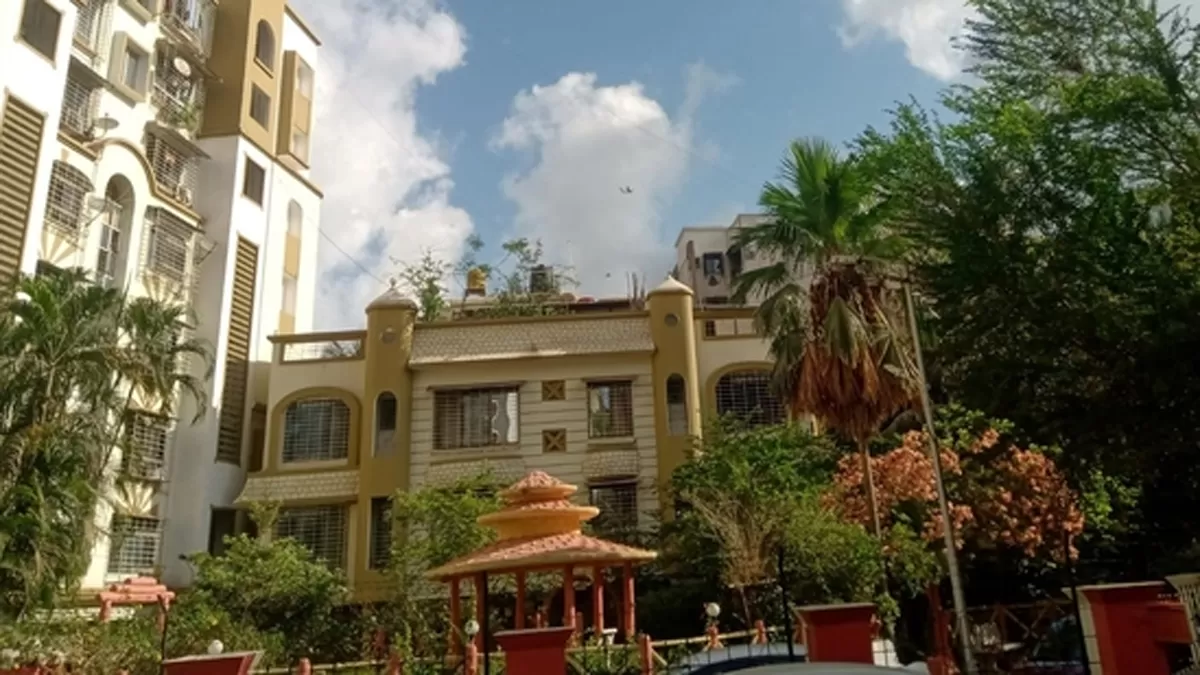
Transparency in real estate with ban on cash transactions above Rs 3 lakh

PPP Planned To Rejuvenate Arkavathi River At Rs 25–30 Bn
The Bangalore Water Supply and Sewerage Board (BWSSB) has drawn up a public–private partnership scheme to revive the once-vital Arkavathi River, modelling the effort on Ahmedabad’s Sabarmati riverfront. A preliminary survey pegs the investment at Rs 25–30 billion and a detailed project report (DPR) is due by December 2025. Covering 53.7 km from Nandi Hills to Tippagondanahalli, the blueprint spans 1 449 sq km across Bengaluru Urban, Mandya, Chikkaballapur and Ramanagara districts, touching 734 villages, 77 settlements, ten lakes and 13 industrial belts. Key works include flood contr..

Reliance Infra Clears Rs 2.73 Bn Debt for JR Toll Road
Reliance Infrastructure announced on Monday that its wholly-owned subsidiary, JR Toll Road Private Ltd (JRTR), has fully settled a debt of Rs 2.73 billion—including interest—owed to Yes Bank Ltd (YBL).The settlement, formalised through an addendum to a prior agreement, marks the complete discharge of JRTR’s outstanding obligations to the lender. As part of the same agreement, Reliance Infrastructure's corporate guarantee for the loan has also been entirely released.In its regulatory filing, Reliance Infrastructure clarified that Yes Bank does not hold any shares in the company and is nei..

Draft Rules To Modernise Maharashtra Housing Societies
Maharashtra is poised to overhaul the way its 0.125 million co-operative housing societies—home to about 20 million people—are run. The Draft Maharashtra Co-operative Societies Rules, 2025, released for public comment on 15 April, promises digital-friendly governance, clearer redevelopment norms and less day-to-day State intervention. Below are the key proposals.The one-off society registration fee would double to Rs 5,000, reflecting higher administrative costs. Annual General Meetings could be held online, provided at least two-thirds—or twenty—members join, and resolutions would nee..














